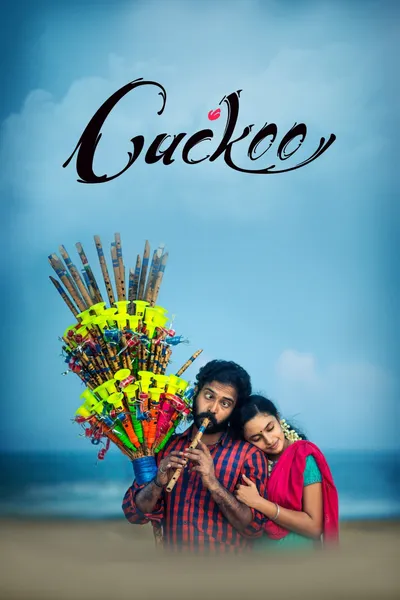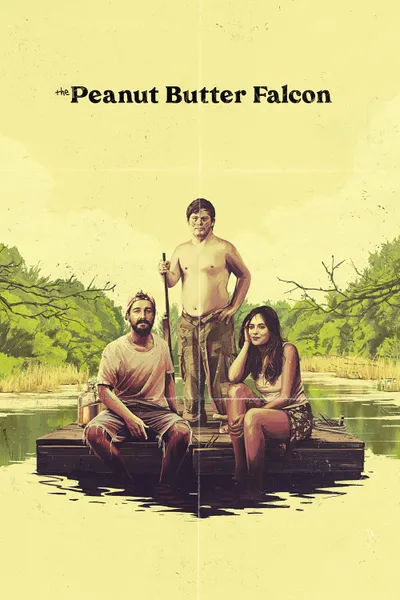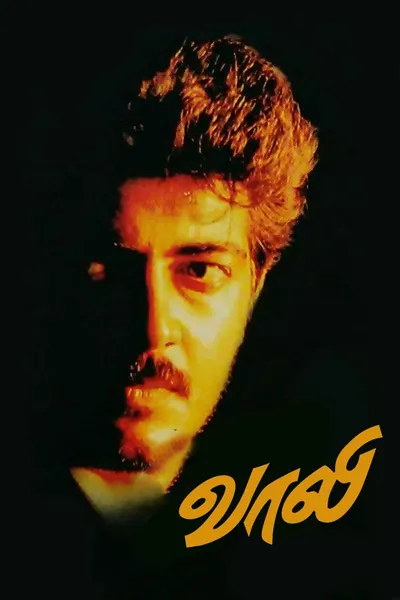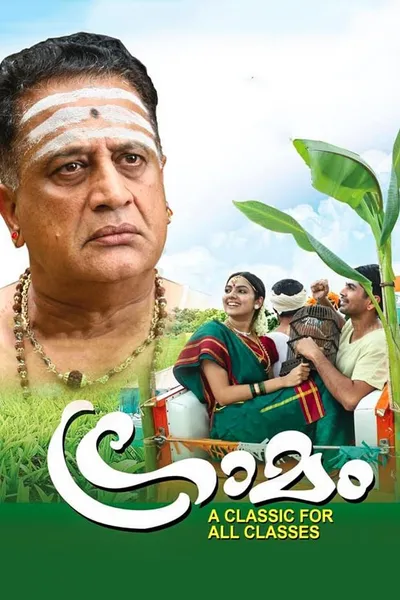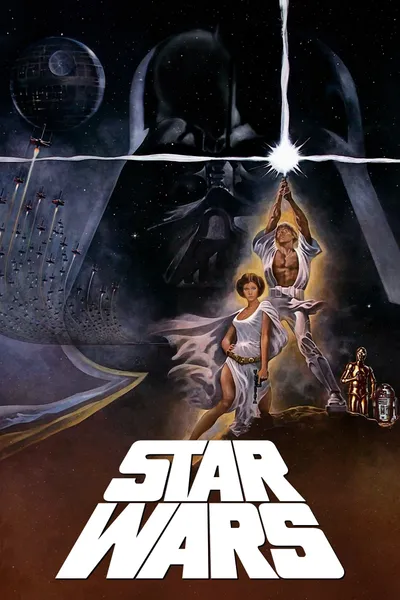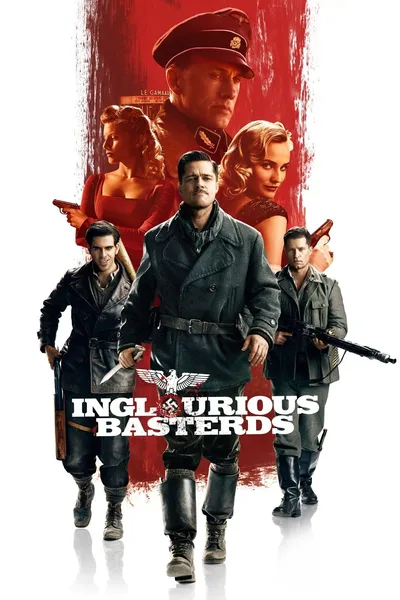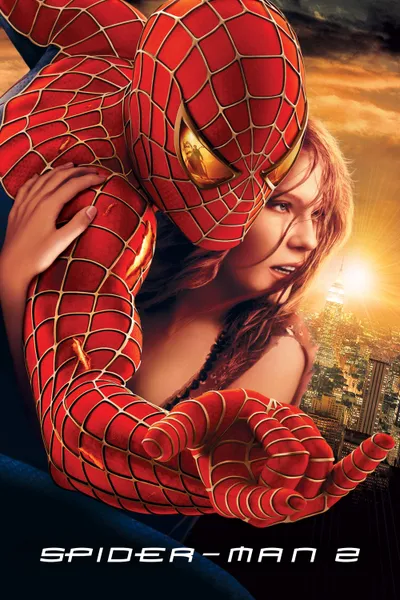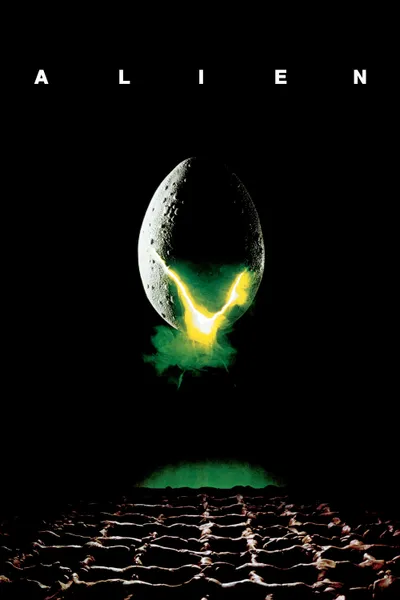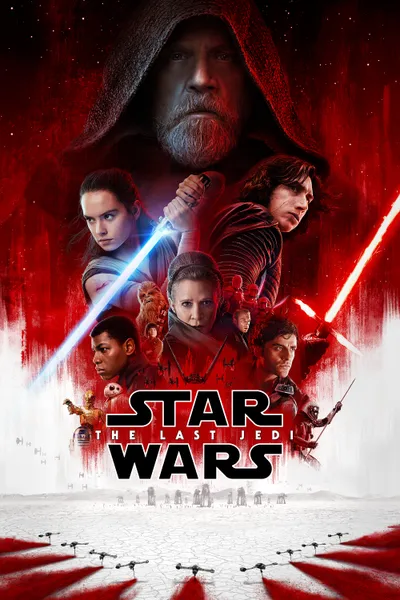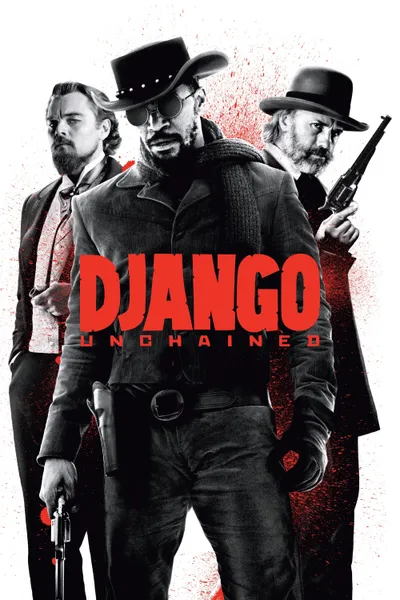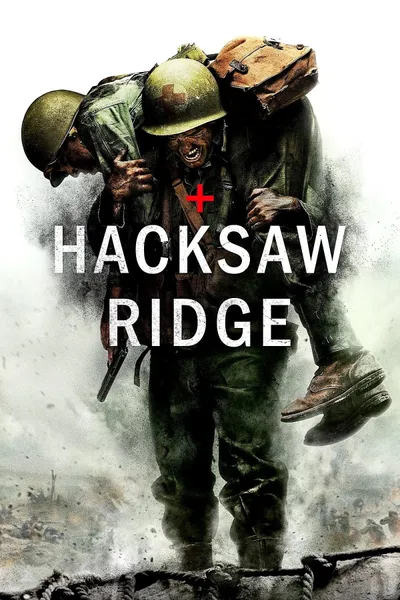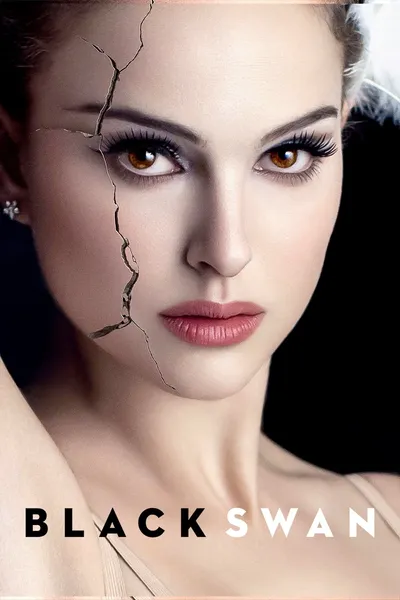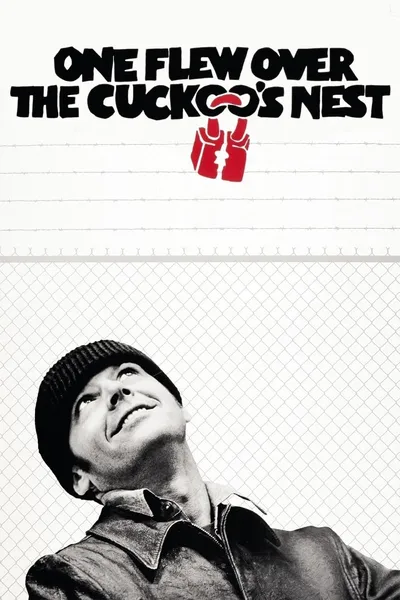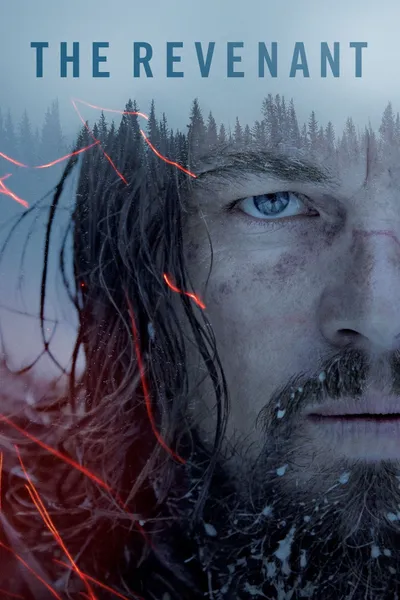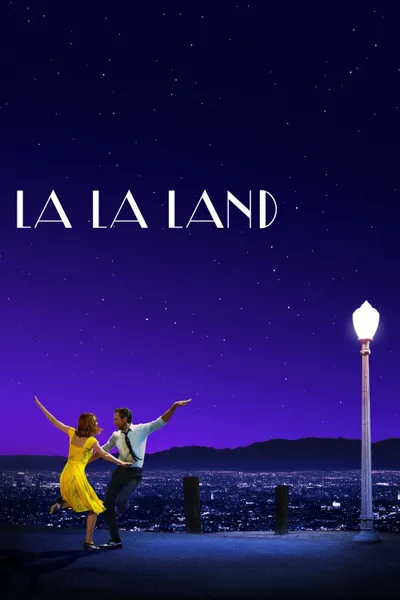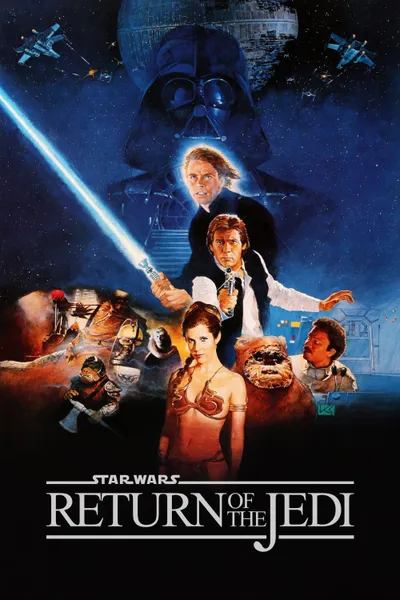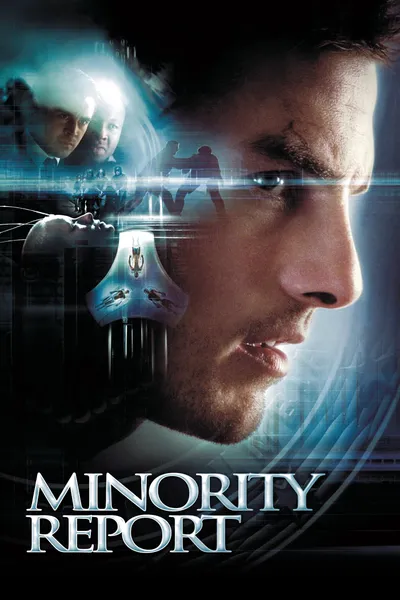Reviews
timesofindia
July 7, 20147.0
"There are as many forms of love as there are moments in time," wrote Jane Austen about the most colourful of our feelings and in Cuckoo, we see love budding between characters for whom the very concept of colours is alien. For, both Tamizh and Suthanthirakodi (aka Kodi), the romantic interests in the film, are visually challenged. The film is based on a real-life couple whom the director interviewed for a magazine article. The director actually inserts himself into the film as a character, a narrator to the audience and an enabler to the lead pair.
What is refreshing about the film is that it treats the disability of the lead characters in a matter-of-fact way and seldom resorts to manipulation. Tamizh, Kodi and their circle of disabled friends are as human as the rest of us and we never see them wallow in self pity. The romantic track between Tamizh and Kodi actually includes elements that we have seen in our movies earlier — the initial hate gradually turning into love, peer pressure, familial disapproval and even a whiff of the 'paakamaley kadhal' sub genre (in the final segment) — but what makes the film feel unique is the setting and the array of interesting supporting characters that the director has created. There is the wisecracking Ilango, Tamizh's friend who is also visually challenged, Murugesan, an admirer of Tamizh's singing (he is a singer in a music and dance troupe with oddball characters), the much-married owner of the troupe Kuberan Chandrababu, the MGR, Vijay and Ajith look-alikes, Kodi's friend Sangeetha, her reader Vinod (who she initially wants to marry), a cop who is humane enough to take pity on Tamizh but is human enough to take a part of his cash, a political underling who isn't above asking for money to get a job placement but will lash out at any disrespect to women and so on.
A significant portion of the film takes place in something as recognizable as railway platforms (PK Varma's backlit frames makes these places seem so beautiful) but we get to see the lives of people whom we normally, like the character of an elderly office-goer in the film, turn a, umm, blind eye to in real life. We also get a feel of the world of the visually challenged. We see how they learn and read, how close knit they are, and even how they 'see' the world differently; Tamizh is sensitive to sounds while Kodi seems to identify things more with smell — he identifies her approach with the sound of her footsteps while she gives him a perfume so that she can make him out at once.
The film turns somewhat melodramatic with the track involving Kodi's brother, Sekar. He is a security guard with a pregnant wife and tries to exploit his sister's disability. He wants to get a government job for her as a teacher, only because that will mean more money. And, to do so, he is willing to get her married off to Jilaki, his friend and an auto driver, who doesn't seem to be a nice person at all.
The film would have benefitted if it had gone through another round or two of editing at the scripting stage. Murugan, a one-time journalist, wants to present the story as true as possible and in his quest, he doesn't exercise his rights to take creative liberties in telling this story as a director as much as he should have done. This turns the film into a somewhat indulgent effort and given that many of the story's arcs are familiar, we, at times, feel restless when the film takes its own sweet time to move on to the next scene. And, in the climatic portions, Dinesh, who is superbly natural as Tamizh, is made to go melodramatic (starting with Tamizh getting picked up by cops), and this change of tone makes the final half an hour of the movie feel cinematic.
Recommendation Movies
The Peanut Butter Falcon2019
Vaali1999
Graamam2012
Star Wars1977
Inglourious Basterds2009
Spider-Man 22004
The Silence of the Lambs1991
Alien1979
Back to the Future1985
Star Wars: The Last Jedi2017
Django Unchained2012
Hacksaw Ridge2016
Black Swan2010
One Flew Over the Cuckoo's Nest1975
Parasite2019
The Revenant2015
La La Land2016
Return of the Jedi1983
Minority Report2002
Ford v Ferrari2019
© 2025 MoovieTime. All rights reserved.Made with Nuxt
